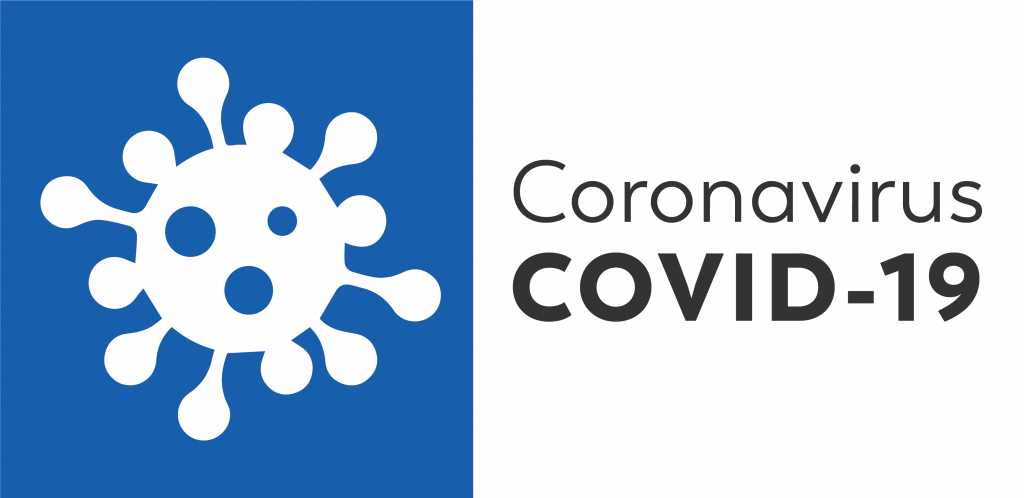Services
We are dedicated to providing patients with continued excellence in our services.
Services
For a more extensive breakdown of our services or any questions feel free to contact us.
Blister Packing
Extra care is necessary when taking several different medicines. This is particularly true for patients with visual or cognitive impairment.
Blister packs make it simple and easy to take the right medicines at the right time by dividing your tablets into separately sectioned blisters, each marked with the time of day when the tablets should be taken.
This can improve your medication adherence and reduce errors. Caregivers can also easily check that the right medicines have been taken in a timely manner.
Blister packs can help if you are
- Struggling to organise medicines.
- Finding it difficult to remember when to take your medicines.
- Helping to look after someone else.
- Recently home from hospital and suddenly have a lot more tablets to take.
- Looking after someone who is visually impaired.
- On a complex medication regime.
Blood Pressure Monitoring
Hypertension is the foremost risk factor for cardiovascular events globally and affects around a third of adults.
High blood pressure can affect people of all ages but does not always have symptoms. Untreated, high blood pressure may lead to conditions like heart disease or a stroke.
Monitoring your blood pressure for 24 hours can help work out if its consistently high. This would be particularly useful if you:
- Have family members with a history of high blood pressure.
- Suspect you have high or borderline high blood pressure.
- Experience variable blood pressure.
- Have conditions such as diabetes or high cholesterol.
- Already take medicines to reduce your blood pressure.
- Experience blood pressure that is hard to control.
- Want to check for Atrial Fibrillation (irregular heartbeat).
For convenience and proximity reasons, community pharmacies play an increasingly important role in hypertension screening and monitoring.
Our service involves fitting you with a device to wear, which includes a cuff around your arm that will measure your blood pressure for 24 hours.
| Blood Pressure Category | Systolic mm Hg (upper number) | Diastolic mm Hg (lower number) | |
|---|---|---|---|
| Normal | Less than 120 | and | Less than 80 |
| Elevated | 120-129 | and | Less than 80 |
| High Blood Pressure – Hypertension Stage 1 | 130-139 | or | 80-89 |
| High Blood Pressure – Hypertension Stage 2 | Higher than 140 | or | Higher than 90 |
| Hypertensive Crisis | Higher than 180 | and/or | Higher than 120 |
With results in only 20 minutes, the COVID-19 Antigen Test is a nasopharyngeal swab test which detects the COVID-19 Antigen. Early detection allows more efficient and effective control of the virus.
The test is being offered primarily for the purposes of essential travel. Your result is available within 15 minutes. Our Rapid Antigen test has a sensitivity of 97.04% and a specificity of 99.9%.
A Travel Certificate is provided which is mutually recognised by all member states across the EU and on a common list of EU COVID-19 rapid antigen tests.
How much does the service cost?
Antigen tests are €35 and this includes your travel certificate. Payment will be taken in the pharmacy on the day of your appointment.
How do patients avail of the service?
Book an antigen test by clicking Book a Vaccination/ Pharmacist Consultation button.
COVID-19 is highly infectious. It spreads through the air through droplets produced when people cough or sneeze, or when they touch surfaces where the droplets have landed and then touch their eyes, nose or mouth.
COVID-19 can cause serious illness, hospitalisation and even death.
Flu Vaccination
Seasonal flu or influenza is an acute respiratory infection caused by flu viruses which circulate in all parts of the world.
Seasonal flu symptoms include a high temperature, a severe (usually dry) cough, headache, muscle pain, joint pain, sore throat, and a runny nose. A person with the flu will also feel extremely unwell.
Most people recover from the symptoms within a week or two without requiring medical attention. But flu can cause severe illness or death especially in people at high risk (see below).
Illnesses range from mild to severe and even death. Hospitalisation and death occur mainly among high risk groups.
The most effective way to prevent the flu is get vaccinated. An annual vaccination is recommended as immunity decreases over time. The flu vaccine can be administered as an injection or using an intra-nasal spray.
While everyone should consider getting a flu vaccine, it is especially important that the following groups get vaccinated:
- Persons aged 65 years and older.
- Persons with a chronic illness requiring regular follow up, e.g. chronic respiratory disease (including chronic obstructive pulmonary disease, cystic fibrosis, moderate or severe asthma and bronchopulmonary dysplasia), chronic heart disease (including acute coronary syndrome), chronic renal disease, diabetes mellitus, haemoglobinopathies, chronic liver disease, chronic neurological disease (including multiple sclerosis, hereditary and degenerative disorders of the central nervous system).
- Those who are immunosuppressed due to disease or treatment including those with missing or non-functioning spleens.
- All cancer patients.
- Patients with any condition that can compromise respiratory function, e.g. spinal cord injury, seizure disorder or other neuromuscular disorder.
- Persons with Down syndrome.
- Those with morbid obesity, i.e. body mass index over 40.
- All pregnant women (vaccine can be given at any stage of pregnancy).
- Healthcare workers.
- Household contacts of at-risk persons.
- Out-of-home care givers to at-risk persons.
- Residents of nursing homes and other long stay institutions.
- Carers.
- People with regular contact with pigs, poultry, or waterfowl.
Home Delivery Service
We offer a home delivery services and are especially conscious of our vulnerable patients. Delivery is perfect for patients who have difficulty coming into the store for their medicines due to tight schedules, illness, or other reasons.
Supply Residential Care & Nursing Homes
The delivery of patient care and pharmacy services to patients residing in residential care and nursing homes is a primary patient safety and professional practice issue. As pharmacists, we play an ongoing role in the healthcare team caring for nursing home and residential care patients, particularly in ensuring safe and appropriate supply and management of medicines.
Our SOPs set out the requirements involved in the sale and supply of medicines to patients who are living in residential care settings/nursing homes. Our SOPs adhere to the PSI guidelines which outline several interactions between pharmacies and nursing home / care facilities relating to the importance of prescriptions, mandatory review of prescribed medicines, patient counselling the appropriate delivery of medicines.
Our pharmacists are also available to participate in an interdisciplinary review of each patient on long-term medication. HIQA recommends this is complete at least every three months.




